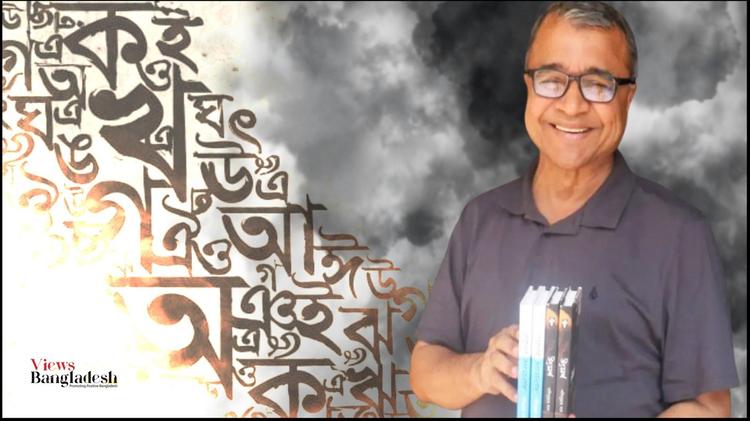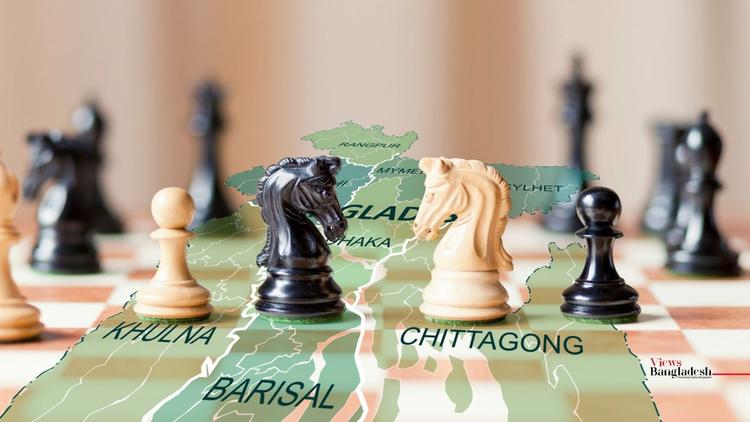
Priority should have been building schools, not Padma Bridge
We need the most reform at the primary and secondary education levels. Our current education policy was established in 1854 by the British. The core idea was that if someone took the initiative to establish a school, the government would provide a 10% grant. We still carry this legacy, as reflected in the name 'University Grants Commission.' The British government provided this grant to lower schools: if you established a school, provided the land, and constructed the building, the British government would cover 10% of the teacher's salaries. This tradition continues even today.






